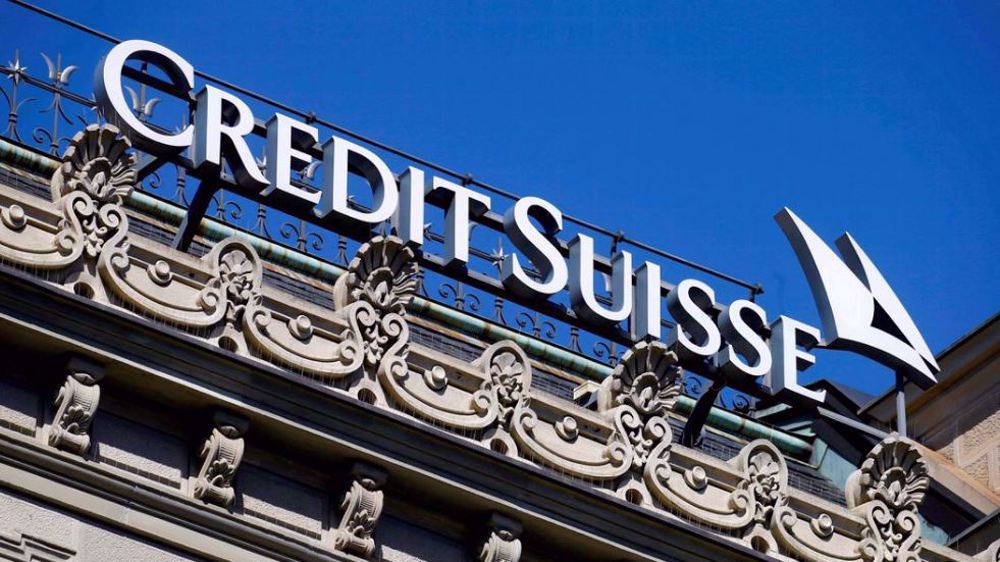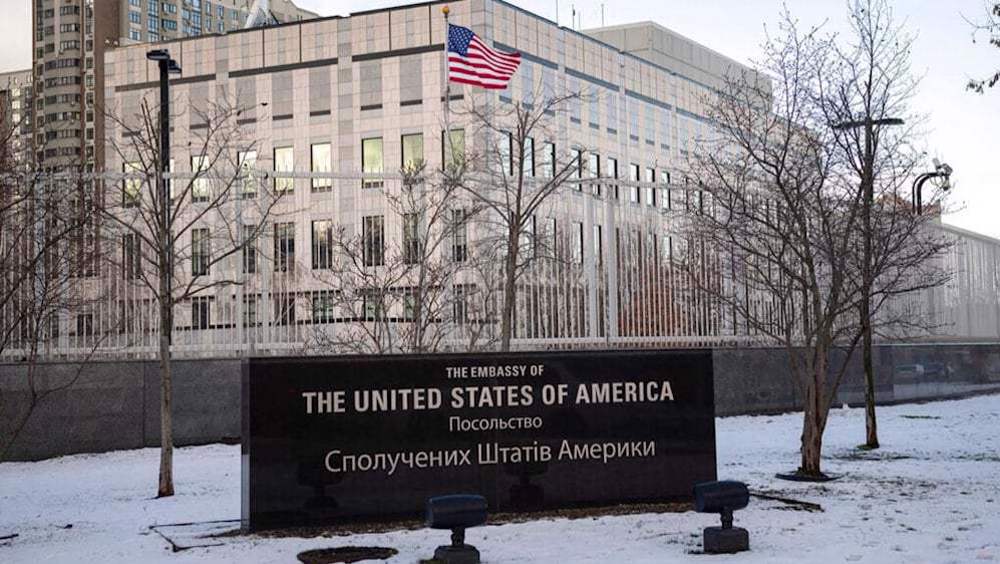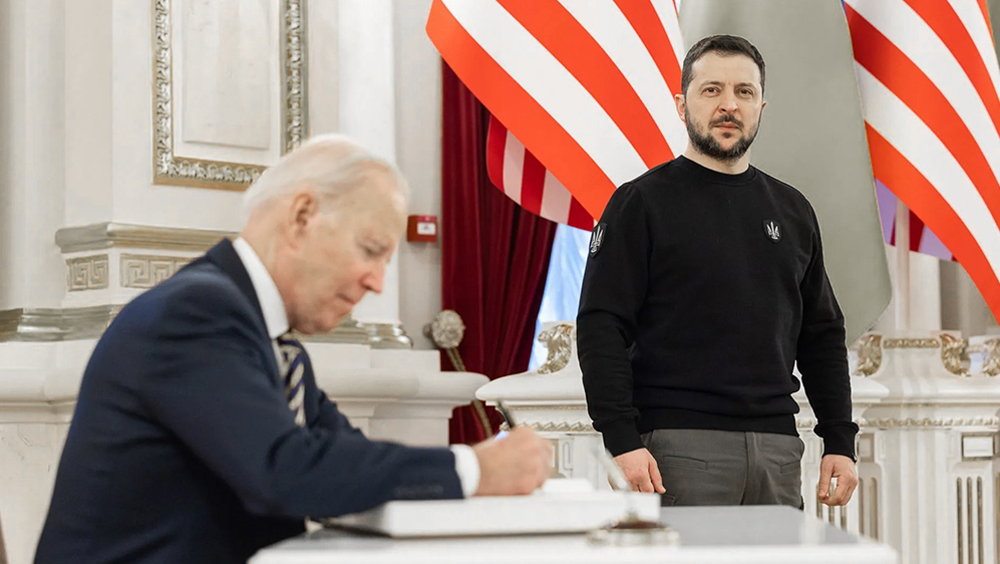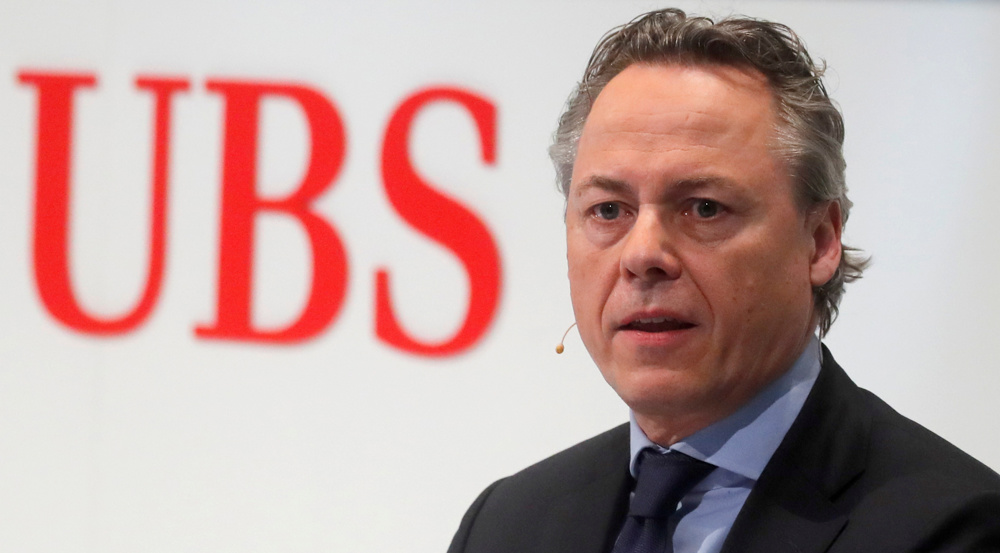Credit Suisse found guilty of laundering drug mafia's profits
Swiss bank Credit Suisse has been fined by the country's federal criminal court in a money laundering case linked to a drugs gang.
Credit Suisse, which is Switzerland's second largest bank, was slapped with a $2.1-million-fine on Monday for rendering illegal financial services to a Bulgarian cocaine distributing network.
The global investment bank has been rocked by a series of scandals in past years with evidence revealed by whistleblowes proving Credit Suisse had clients involved in torture, drug trafficking, money laundering and corruption. Some were allowed to open bank accounts years after they had been convicted for serious financial crimes.
In the latest case, Switzerland's Federal Criminal Court found that the bank failed to take steps to prevent money laundering by the criminal organization, deeming it guilty of breaching its corporate responsibility.
A former employee was found guilty of aggravated money laundering over a number of transactions she had conducted or ordered to be conducted between July 2007 and December 2008, despite firm indications that the funds had criminal origins.
Her actions allowed the criminal gang to stash more than 19 million Swiss francs out of reach of the authorities.
She was given a 20-month prison sentence and a fine, both of which were suspended.
In a brief statement, Credit Suisse said it noted the court's decision and that it intended to appeal.
Two Bulgarians were also found guilty of participating in a criminal organization and aggravated money laundering.
The court also ordered the confiscation of a sum equivalent to more than 12 million francs concerning funds deposited with Credit Suisse by the criminal organization.
Furthermore the bank will have to compensate the more than 19 million francs in assets belonging to the criminal organization, "which could not be confiscated due to the bank's internal failures", the court statement said.
Decades of scandalous financial services have made clear that Swiss banks in general, and Credit Suisse in particular, are engaged in and have attracted illicit funds from tax dodgers, ruler who used their power to steal their nation's resources, as well as money launderers.
Earlier this year, an anonymous source leaked the Credit Suisse secret files to Suddeutsche Zeitung, Germany’s largest broadsheet newspaper.
The recipients of the leaked files were award-winning investigative reporters Frederik Obermaier and Bastian Obermayer who published the massive offshore leaks that led to the Panama and Paradise papers.
The secret data on more than 30,000 customers, some of whom were questionable, gave insights into the heart of Credit Suisse immoral activities.
VIDEO | 85% of Yemeni displaced people face daily hunger crisis
US House passes bill targeting charities and pro-Palestine groups
VIDEO | Supporting Gaza genocide
Hezbollah attacks Israeli forces after Lebanese homes blown up
World leaders, states hail ICC arrest warrants for Netanyahu, Gallant
MP: US accountable for possible Israeli 'foolishness' to attack Iraq
VIDEO | Israeli policies strangle Palestinian agriculture, economy
Iran's president offers condolences to Pakistan over terrorist attack












 This makes it easy to access the Press TV website
This makes it easy to access the Press TV website